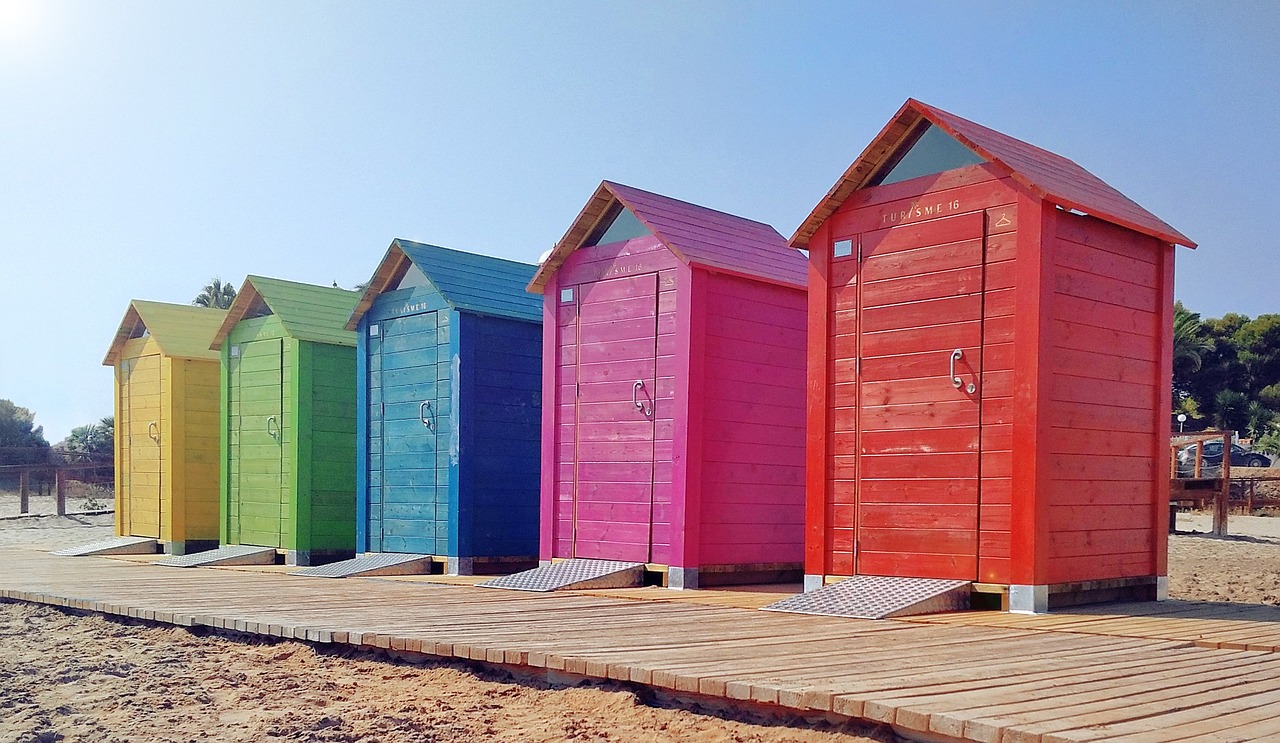Visa and Stay Regulations for Digital Nomads in Spain
Spain is a popular destination for digital nomads looking to experience its rich culture, beautiful landscapes, and vibrant cities. However, before you pack your bags and head to Spain, it’s important to understand the visa and stay regulations for digital nomads. This article will provide you with detailed information on how to legally stay and work in Spain as a digital nomad.
Types of Visas for Digital Nomads
If you are a digital nomad planning to stay in Spain for an extended period, there are several visa options available to you. These include:
- Non-Lucrative Visa: This visa is suitable for digital nomads who do not plan to work in Spain or earn income from Spanish sources. It allows you to stay in Spain for up to one year, with the possibility of renewal.
- Self-Employment Visa: If you plan to work as a freelancer or start your own business in Spain, the self-employment visa is the right option. It allows you to legally work and reside in Spain as a self-employed individual.
- Entrepreneur Visa: If you have a business idea and plan to launch a startup in Spain, the entrepreneur visa is designed for you. It provides a pathway for entrepreneurs to establish and develop innovative projects in the country.
- Student Visa: If you are a digital nomad who wants to study in Spain, you can apply for a student visa. This visa allows you to pursue your studies while also enjoying the benefits of being a digital nomad.
Requirements for Obtaining a Visa
To obtain a visa as a digital nomad in Spain, you will need to fulfill certain requirements. These may include:
- Proof of Sufficient Funds: You will need to demonstrate that you have enough financial resources to support yourself during your stay in Spain.
- Health Insurance: It is mandatory to have health insurance coverage for the duration of your stay in Spain.
- Background Checks: You may be required to provide a clean criminal record certificate from your home country.
- Proof of Accommodation: You will need to show evidence of your accommodation arrangements in Spain, such as a rental agreement or hotel reservation.
Applying for a Visa
To apply for a visa as a digital nomad in Spain, you will need to follow these steps:
- Research: Determine the type of visa that best suits your needs and research the specific requirements for that visa.
- Prepare Documents: Gather all the required documents, such as proof of funds, health insurance, and accommodation.
- Submit Application: Submit your visa application to the Spanish consulate or embassy in your home country.
- Pay Fees: Pay the visa application fees, which vary depending on the type of visa you are applying for.
- Attend Interview: You may be required to attend an interview as part of the visa application process.
- Wait for Approval: The processing time for visa applications can vary, so be prepared for a waiting period.
Staying in Spain as a Digital Nomad
Once you have obtained your visa and arrived in Spain, there are a few things to keep in mind to ensure a smooth stay:
- Registration: Within 30 days of arrival, you must register with the local authorities (Oficina de Extranjeros) and obtain a Foreigner Identity Card (TIE).
- Taxes: If you are working as a freelancer or self-employed in Spain, you will need to comply with the local tax regulations and obtain a Spanish tax identification number (NIE).
- Working Conditions: Familiarize yourself with the labor laws and regulations in Spain to ensure you are aware of your rights and obligations as a digital nomad.
- Residence Renewal: If you plan to stay in Spain beyond the initial visa period, make sure to renew your visa or apply for a different visa category before it expires.
Spain Image 1:

Working Spaces and Digital Nomad Communities
Spain offers a variety of co-working spaces and digital nomad communities that provide a supportive environment for remote workers. Some popular options include:
- Hub Fuengirola: Located on the Costa del Sol, this co-working space offers a vibrant community of digital nomads and entrepreneurs.
- Spaces Madrid: Situated in the heart of Madrid, this co-working space provides modern facilities and networking opportunities.
- Outsite Barcelona: With a beachfront location in Barcelona, this co-living and co-working space is perfect for digital nomads looking for a work-life balance.
Spain Image 2:

Cost of Living and Lifestyle
The cost of living in Spain can vary depending on the city or region you choose to live in. Generally, Spain offers a relatively affordable cost of living compared to other European countries. Some key factors to consider include:
- Accommodation: Rental prices can vary significantly depending on the location and size of the property. Major cities like Madrid and Barcelona tend to have higher rental costs compared to smaller towns.
- Transportation: Spain has a well-connected public transportation system, with affordable options such as buses and trains. The cost of owning a car, including fuel and insurance, should also be considered.
- Food and Dining: Eating out in Spain can be affordable, especially if you choose local restaurants and tapas bars. Cooking at home using local ingredients can also help save money.
Exploring Spain as a Digital Nomad
One of the major advantages of being a digital nomad in Spain is the opportunity to explore its diverse landscapes, historical sites, and cultural attractions. Some must-visit destinations include:
- Barcelona: Known for its unique architecture, vibrant nightlife, and beautiful beaches, Barcelona offers a mix of urban and coastal experiences.
- Madrid: As the capital city, Madrid boasts world-class museums, stunning parks, and a thriving arts and culture scene.
- Seville: With its rich history, flamenco music, and stunning Alcázar palace, Seville is a city that captures the essence of Andalusian culture.
Spain Image 3:

Conclusion
Spain offers a welcoming environment for digital nomads, with a range of visa options and a vibrant community of remote workers. By understanding the visa and stay regulations, as well as exploring the various co-working spaces and digital nomad communities, you can make the most of your time in Spain. Whether it’s working from the beach or exploring the rich culture, Spain has something to offer every digital nomad.
References
– Ministry of Foreign Affairs, European Union and Cooperation: www.exteriores.gob.es
– Spanish Embassy: www.spain.info
– Spanish Consulate: www.maec.es


